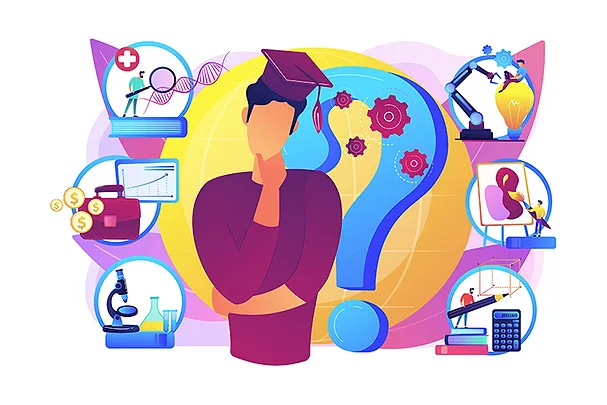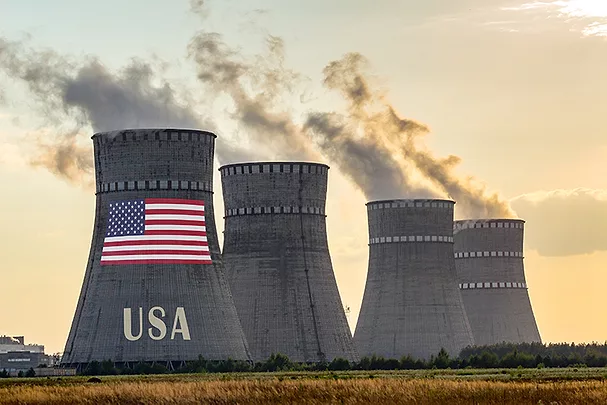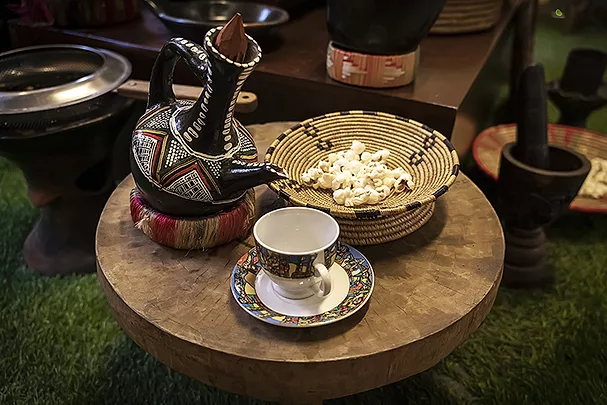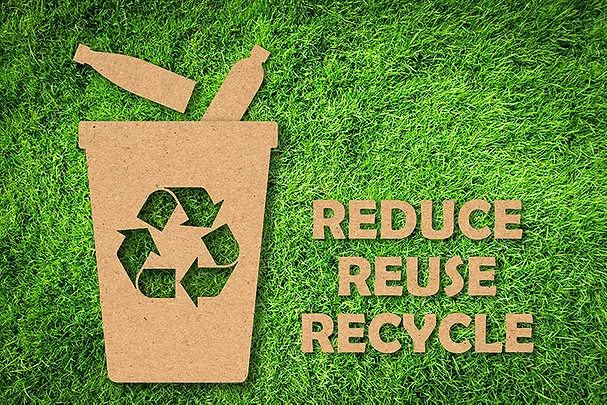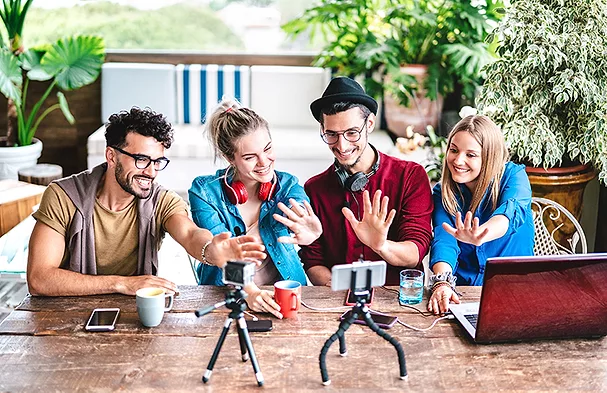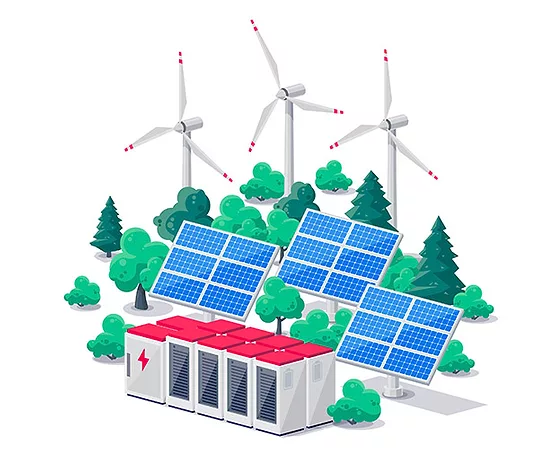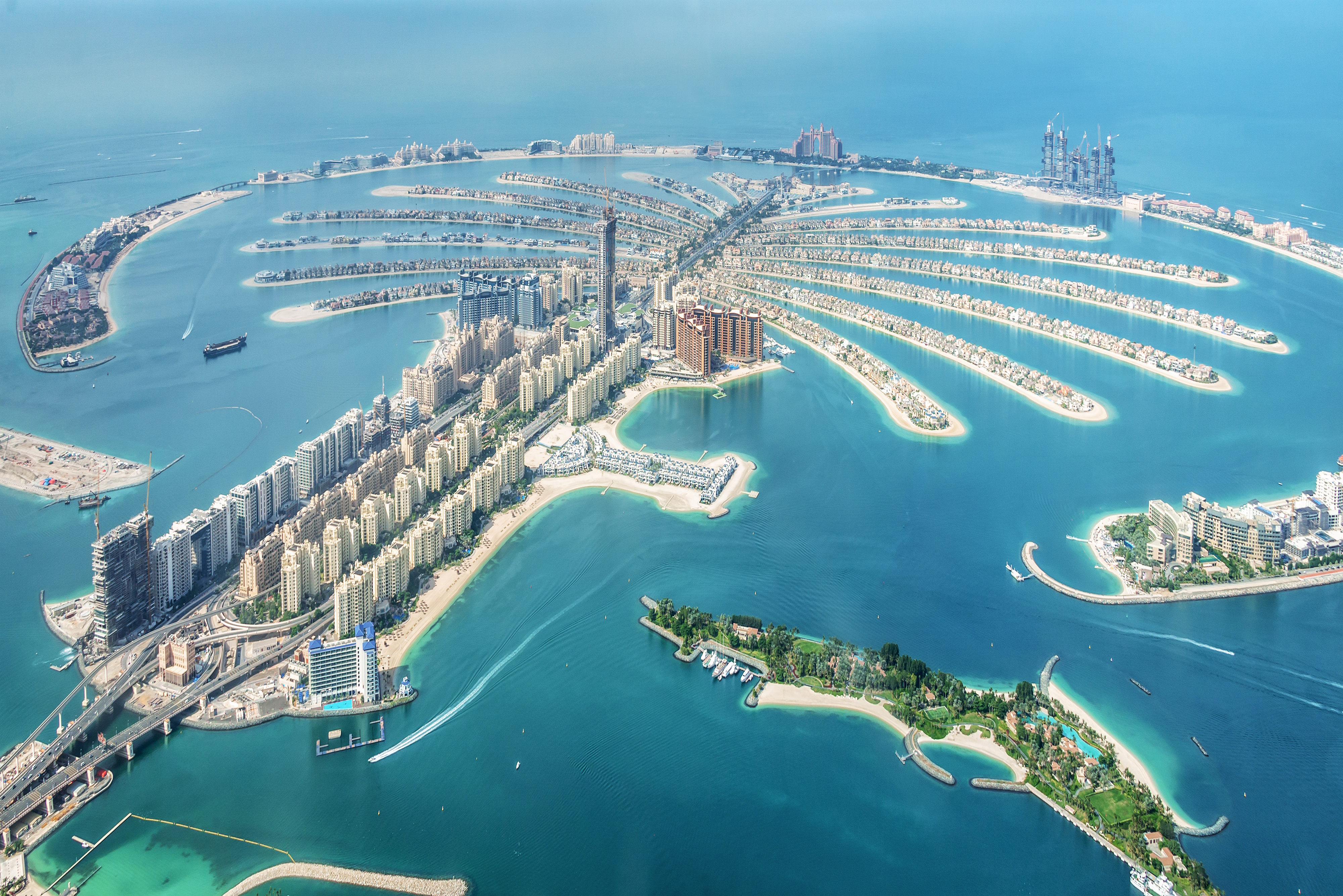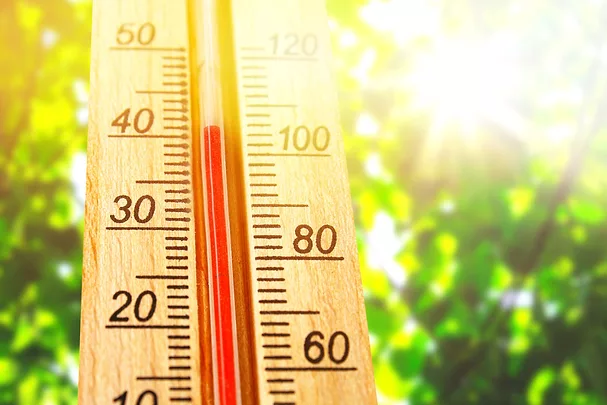Articles by Max Rohr
Alternative Energy
The 30-Year Nuclear Wait
Plant Vogtle Unit Three is the first nuclear power site to be built under the post-1975 umbrella of the Nuclear Regulatory Commission.
Read More
Alternative Energy
Who Will Take Care of Hydronic Systems?
Tips for transitioning generational knowledge to Gen Z.
Read More
Alternative Energy
Inverter-Driven Microgrids
Are they a breakthrough for rural energy customers?
Read More
Alternative Energy
Venice, Italy: An Occasionally Walled City
An $8 billion infrastructure project, MOSE deploys a series of yellow boxes to float up beyond the surface and create a physical flood barrier.
Read More
